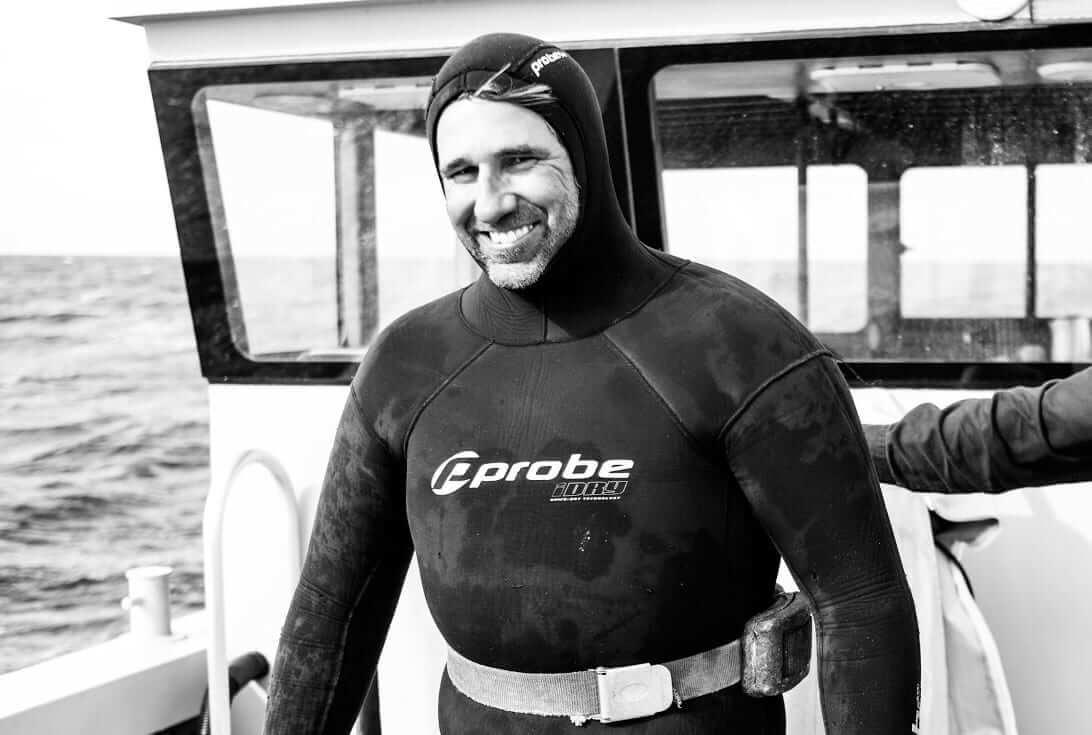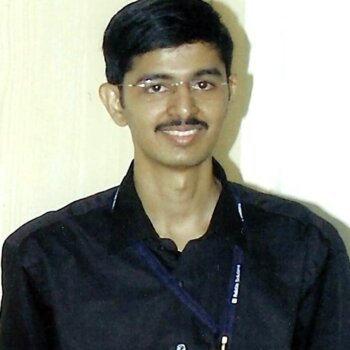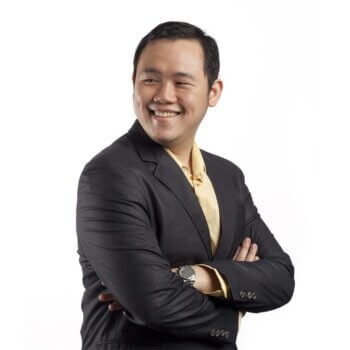Ocean Grown Abalone’s, Brad Adams is revolutionising abalone production in a clean, green and sustainable way off the south west coast of Australia.
What’s your story?
I grew up in the remote town of Augusta in the very south west of Western Australia where the Southern Ocean meets the Indian Ocean.
My family have a long association with aquaculture and the fishing industry. I’m a 3rd generation fisherman and my father founded the commercial wild abalone diving industry in Flinders Bay in the 1960s.
I followed an aquaculture route, and after I completed my studies in Tasmania, I returned home to start the development of a new technique of growing abalone.
After close to 20 years researching, developing and inventing a new technology, OGA’s sea ranching technique was born and the ‘abitat’ was developed.
Sea ranching is an aquaculture technique where hatchery bred juvenile abalone are placed on OGA designed artificial reefs, ‘abitats’, which are placed in the ocean and left to nature to grow for 2-3 years until they reach a marketable size. They feed and survive in the wild.
The abalone produced from the sea ranch is identical to the highly sought after wild catch product, but has the competitive advantages that only aquaculture can provide. OGA can supply year round to meet market demands to whatever size or product specification the market requires.
Importantly, the sustainability of the abalone using the sea ranching technique is proven and monitored on an ongoing basis. Monitoring the ‘abitats’ and the sea ranching technology is paramount to OGA.
What excites you most about your industry?
That we can grow a premium seafood product which is highly revered in Asia, in a sustainable and environmentally friendly way. The sea life we are seeing in Flinders Bay now that the reefs are down is incredible. We are seeing many different types of fish which were no longer in the bay as well as plenty of sea grass creating an underwater sustainable ecosystem.
What’s your connection to Asia?
I am born and bred in Augusta in WA. OGA exports premium greenlip abalone to Asian markets including Singapore, Hong Kong and China.
Favourite city in Asia for business and why?
Hong Kong. It has a strong seafood (especially abalone) culture developed with Australian exporters over many years. Also the buyers are great; relaxed people who enjoy having a good time showing you their amazing city.
What’s the best piece of advice you ever received?
You only live once, so always follow your passions.
Who inspires you?
Andrew Forrest – his single minded purpose and determination, and how he uses his wealth to improve the lives of others.
What have you just learnt recently that blew you away?
Banging your head against a wall burns 150 calories per hour.
If you had your time again, what would you do differently?
There are many things I would do differently if I had today’s hindsight as foresight, however all my mistakes, successes and decisions have made me the person I am today. I am comfortable with that.
How do you unwind?
I am a keen surfer. Being at one with the ocean is important to me.
Favourite Asian destination for relaxation? Why?
Lembongan, Indonesia. Great waves, great food, great people
Everyone in business should read this book:
Grit – Angela Duckworth
“Success is the result of passion and persistence, not talent and luck.”
Shameless plug for your business:
OGA have developed the world’s first commercial greenlip abalone sea ranching facility. We build our own artificial abalone reefs (called abitats) on our leases in the pristine waters of Flinders Bay. We place hatchery reared juvenile abalone on them – then let nature (with a little help from our divers) do the rest to produce this marine delicacy. A totally natural, ‘wild-harvest’ product. Because we have some control of the process we can harvest to market demand to whatever size the market requires. We call this aquaculture technique sea ranching.
This video explains the business in 7 minutes: https://vimeo.com/225797022
How can people connect with you?
Email: [email protected] or
Facebook: https://www.facebook.com/oceangrownabalone/
—
This interview is part of the ‘Callum Connect’ series of more than 500 interviews
Callum Laing is an entrepreneur and investor based in Singapore. He has previously started, built and sold half a dozen businesses and is now a Partner at Unity-Group Private Equity and Co-Founder of The Marketing Group PLC. He is the author two best selling books ‘Progressive Partnerships’ and ‘Agglomerate’.
Connect with Callum here:
twitter.com/laingcallum
linkedin.com/in/callumlaing
Download free copies of his books here: www.callumlaing.com
































